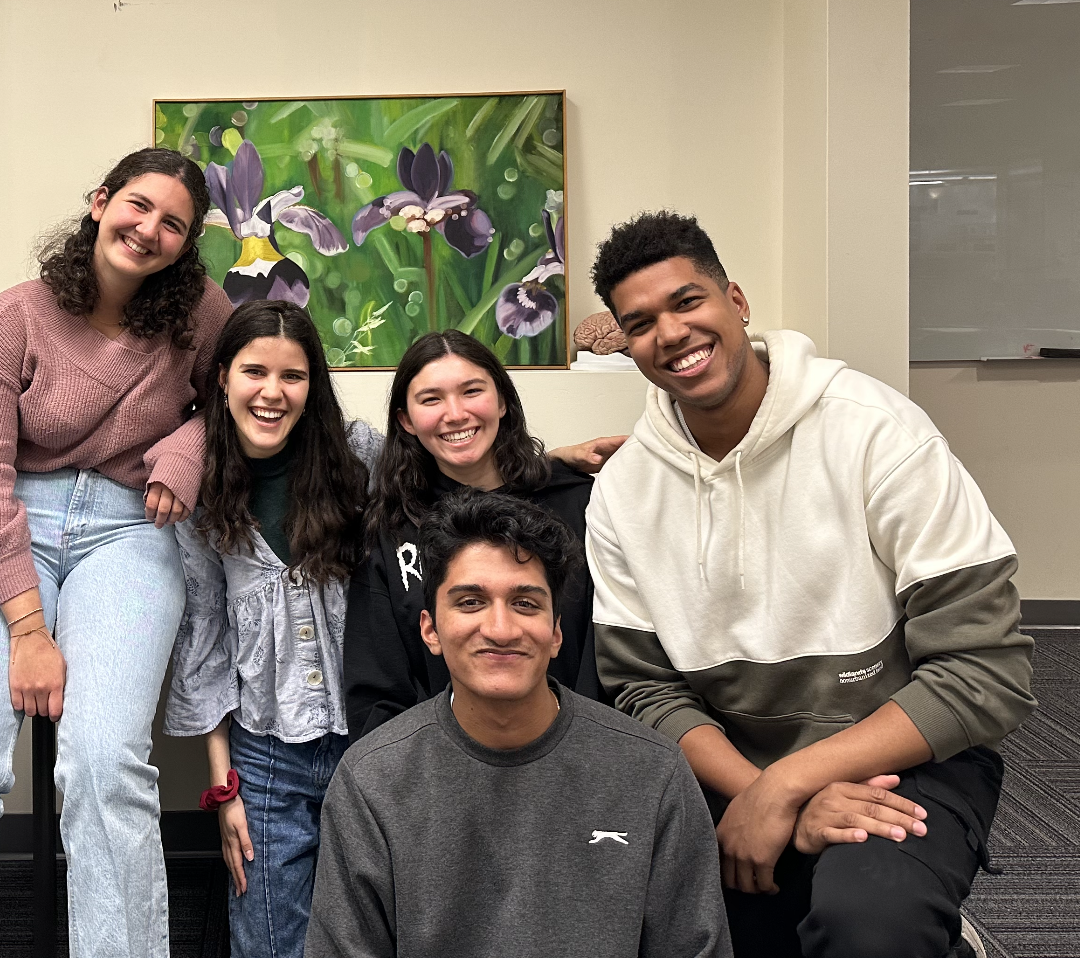Administrative dilemma: International students advocate for expanded career opportunities
May 5, 2023
 Tianyi Xu
Tianyi XuFor many Bowdoin students, the number of options for on- and off-campus employment is extensive. From summer internships and research assistantships to volunteer positions, these opportunities offer invaluable experience and often promise post-graduation offers.
This situation is infinitely more complicated for international students, who make up almost seven percent of Bowdoin’s student body and generally need a visa to study at Bowdoin. These students must register with the federal government if they want to work at all, and currently the only option that Bowdoin offers is a system known as Optional Practical Training (OPT).
OPT permits visa students to work for a period of 12 months in total over their four years, with time deducted for every employment since matriculation and two-year extensions available only to STEM students. OPT applications can take three months or longer to get approved, and students are not allowed to begin work until they receive approval. CPT would allow for additional employment opportunities beyond the 12 month rule.
According to Associate Director of International Student Experience Khoa Kong, CPT varies from OPT in allowing students to go through Bowdoin rather than the federal government for employment permission.
“[CPT is] either [for an] established curriculum where they require that you do it to graduate to major in something, or you do it [to] get a credit from the college,” Khuong said.
For international students, CPT would provide expanded access to many work opportunities and flexibility around allotted work time, ISA leader and Bulgarian student Yordana Gerzhikova ’23 said.
“We’d be able to not so sparingly calculate how many weeks of OPT I can use for this, and how many I have left,” Gerzhikova said.
Moana Gregori ’26, an ISA member from Austria, noted that OPT’s time constraints make many of the offerings from the Center for Career Exploration and Development (CXD) and the McKeen Center inaccessible to international students.
“The resources that the McKeen Center and the CXD offer … are not accessible to international students.… You don’t even consider taking [them], because you know you can’t get work permission anyways,” Gregori said.
For Victor Ferreira Souza ’26, who hails from Brazil, CPT would also mean more chances to explore different subjects of interest.
“CPT actually would give international students a sense of direction. As a first year, you have a sense that you cannot do anything [to pursue internships] and have to wait until junior or senior year … and CPT allows you to explore, to see what you can do,” Ferreira Souza said.
By alleviating these constraints, CPT could reduce the daunting possibility of students facing deportation based on sudden changes to their employment status.
“An international alum once told me they got a phone call from Department of Homeland Security [saying] they needed to leave the country in 60 days because they were fired—so it’s a really stark reality when not only you become jobless when you don’t have OPT time, you actually need to leave the country. And it’s really hard to come back with little experience right after college,” Gerdzhikova said.
The ISA has met with the Office of the Dean of Students to share its perspective on the issue in hopes of making the system a reality.
“It was instructive to talk with the students about how a lack of CPT limits their ability to pursue internships related to their major fields of study. We found the students’ arguments powerful and compelling and are actively working to explore how we might realize this opportunity here at Bowdoin,” Senior Vice President and Dean for Academic Affairs Jennifer Scanlon wrote in an email to the Orient.
Yasemin Altug ’25, a member of the ISA board from Turkey, noted that beyond institutional changes, Bowdoin students can help their international student peers by listening and providing support.
“I don’t expect [friends] to know, but I feel like they should be aware that we have to go through so much additional stuff that makes [finding jobs] hard,” Altug said. “I think having people around you that are not international being aware of this is important. Faculty awareness is big in terms of getting it done, but I think students’ understanding is also very crucial.”

Comments
Before submitting a comment, please review our comment policy. Some key points from the policy: